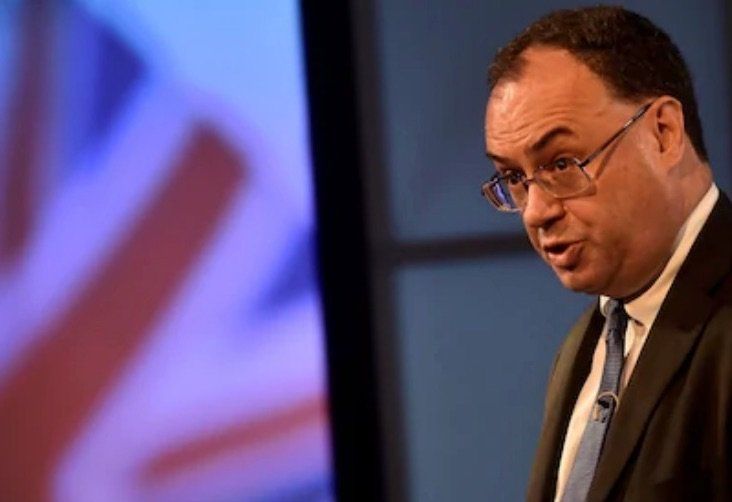Bank of England Governor Blasts Bitcoin but says Stablecoins and CBDCs could co-exist
As the momentum behind Stablecoins gathers pace, the governor of the Bank of England has warned that regulators around the world must move early
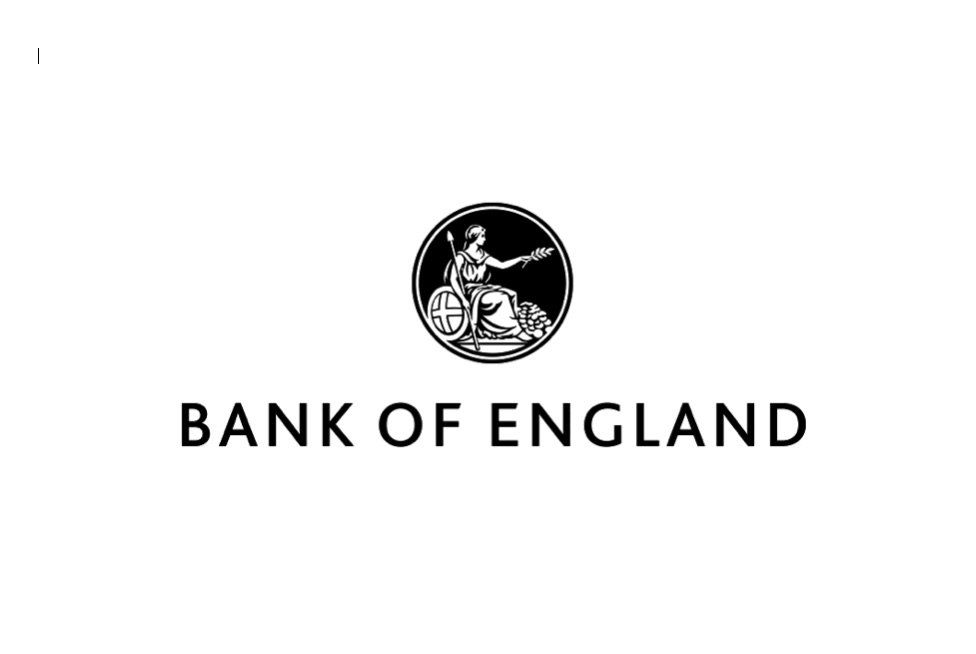
Despite recently expressing interest in a centrally planned digital currency, the UK’s top banker didn’t reveal much on whether the country had advanced in its development of such a currency.
However, Bailey, who became the head of the BoE in March, set out three forms of innovation in payments where it is essential thatstandards are set and thus the expectations for how innovation will take effect.
1. Crypto-assets - Such as Bitcoin
Bailey blasted Bitcoin and said,
"They have no connection at all to money. They may have extrinsic value – you may like to collect them for instance, and as such they are a highly risky investment opportunity. Their value can fluctuate quite wildly, unsurprisingly. They strike me as unsuited to the world of payments, where certainty of value matters.
2. e-Money - A hybrid which is more money-like in the sense of commercial bank money but doesn’t have the same direct link to fiat money, and the safeguarding regime does not have all the features of deposit protection
He said,
"We must ensure that users fully understand the difference in protection, and I suspect at the moment that is not widely the case. The standards are less developed than those for banks, there is no depositor protection scheme, and firms are subject to only limited capital and liquidity requirements. Finally, there is no resolution or administration regime."
3. Stablecoins - The third innovation, and the one on which the BOE Governor focused on, is Stablecoins. Stablecoins are 'Value-stable Crypto-assets' (VSCA's) designed to minimise volatility relative to a stable asset or basket of assets. A stablecoin can be 1:1 pegged to fiat currency
Bailey said,
"Where many earlier forms of crypto-assets, such as bitcoin, have proved unsuitable for widespread use in payments, Stablecoins, and particularly Global Stablecoins, aim to do just that. Not all Stablecoins are intended for use in making payments. Some Stablecoin proposals may be used to facilitate investments. However, where a Stablecoin is used to facilitate the transfer of ‘money’ for buying goods and services and the settling of debts, then it may become widely used a means of payment and store of value.
Global Stablecoins seek to apply new technology, stemming from the world of crypto-assets, as well as changing some of the fundamentals of the underlying payment chain. They change not only how you pay but what you pay with – rather than a transfer of money between bank accounts, Stablecoin systems transfer the asset itself – the Stablecoin – from one person to another
Stablecoins could offer some useful benefits. For example, they could further reduce frictions in payments,by potentially increasing the speed and lowering the cost of payments (particularly if global Stablecoins were to be established). Stablecoins may offer increased convenience, including via integration with other technology, such as social media platforms or retail services."
Bailey was clear in that a starting point for a global stablecoin should be based on single currencies and that we should not run before we can walk. Current proposed Global Stablecoin offerings will need to demonstrate how they meet these key domestic and international standards.
He said,
"A Stablecoin which intends to launch with sterling-based activities in the UK should first meet relevant standards and be appropriately regulated. And if a sterling retail Stablecoin wishes to operate at scale in the UK, then we will strongly consider the need for an entity to be incorporated in the UK. If Stablecoins are to be widely used as a means of payment, they must have equivalent standards to those that are in place today for other forms of payment types and the forms of money transferred through them. This will ensure that they are safe and resilient and that consumers can use them with confidence."
Global Stablecoin are a cross-border phenomenon and can be operated in one jurisdiction, denominated in another’s currency and used by consumers in a third. The regulatory response must match this. Global issues require a global response, particularly for multi-currency Stablecoins intended for cross-border transactions."
Bailey also threw considerable light on the much anticipated view on whether Stablecoins and CBDSc's can co-exist by saying,
"Stablecoins and CBDC are not necessarily mutually exclusive. Depending on design choices, they could sit alongside each other, either as distinct payment options, or with elements of the Stablecoin ecosystem, such as wallets, providing consumers with access to a CBDC. So there will likely be a role for the private and public sector working together in the future of payments."
The Bank of England Governor made it clear that the answer is not to strangle innovation. However, in light of the many areas that need thorough consideration including Privacy and data protection issues, Stablecoins need global regulation and there needs to be a wider debate between policy makers, governments and society as a whole.
To this end, he highlighted work being done by the G7 and the Financial Stability Board (FSB) — the results of which will be made public in greater detail with a final report due in October
Source: Reinventing the wheel (with more automation) - speech by Andrew Bailey
(https://www.bankofengland.co.uk/-/media/boe/files/speech/2020/reinventing-the-wheel-with-more-automation-speech-by-andrew-bailey.pdf)
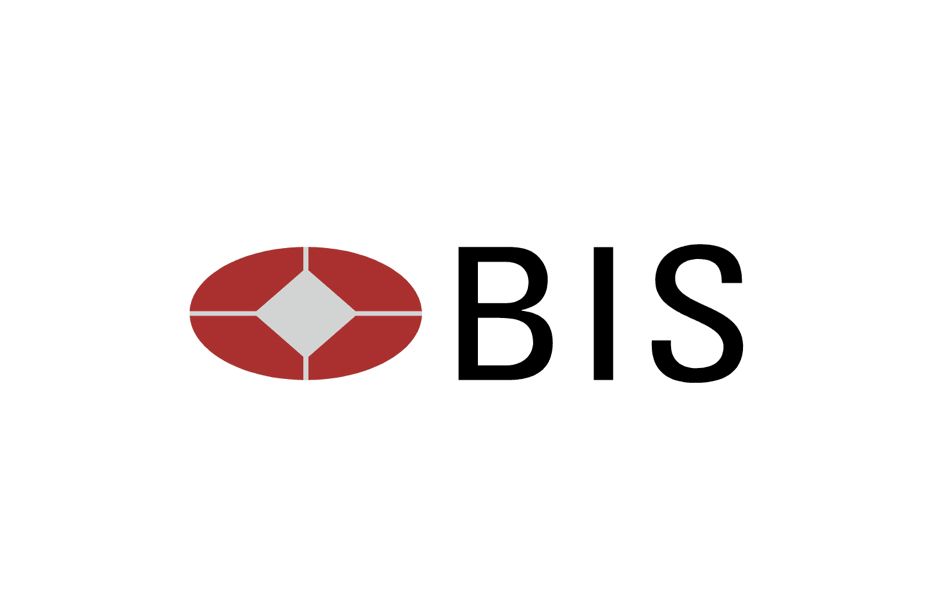
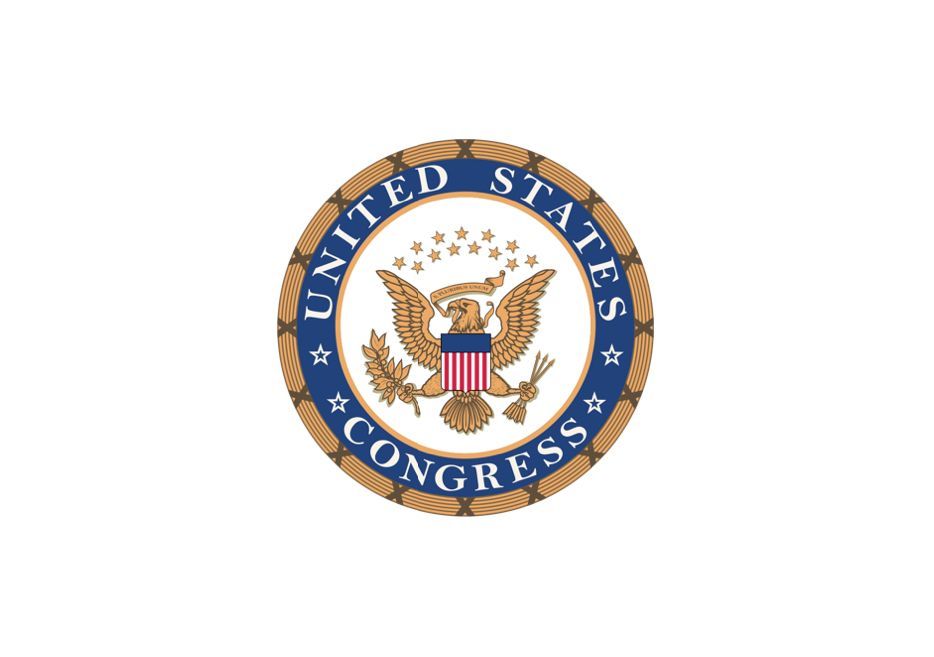

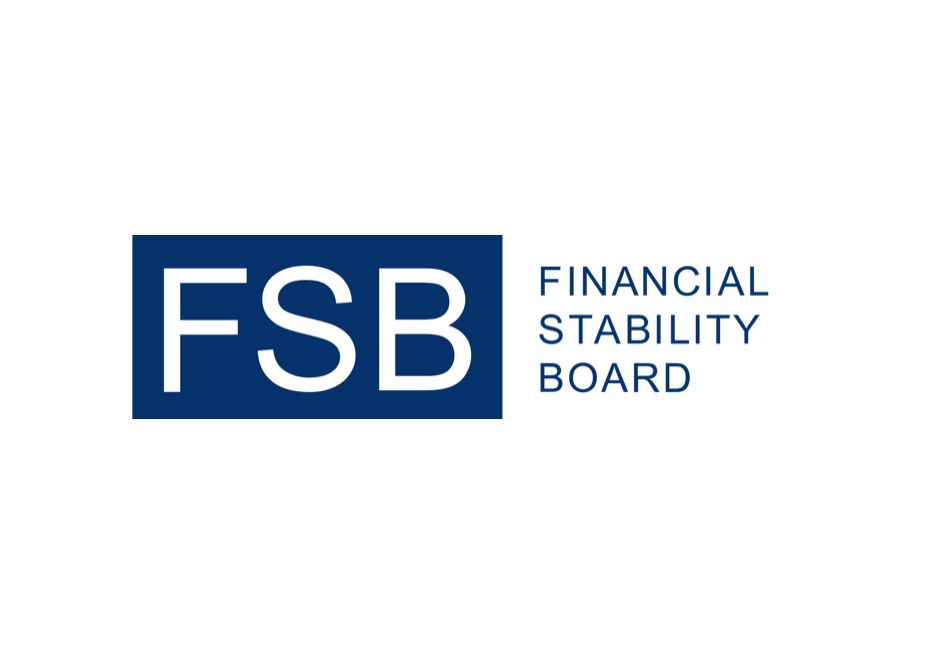
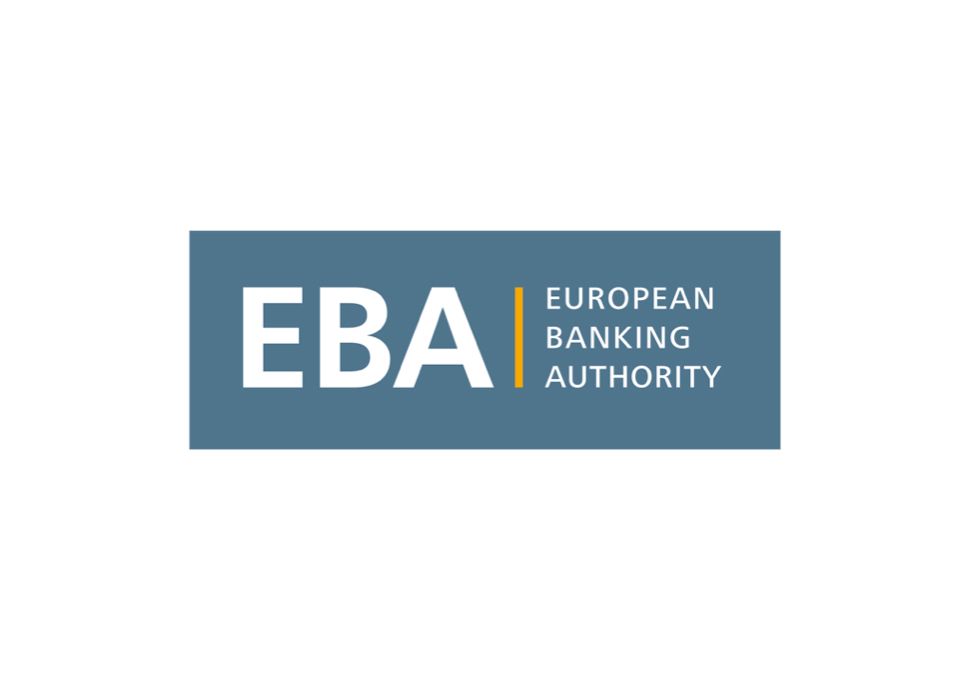

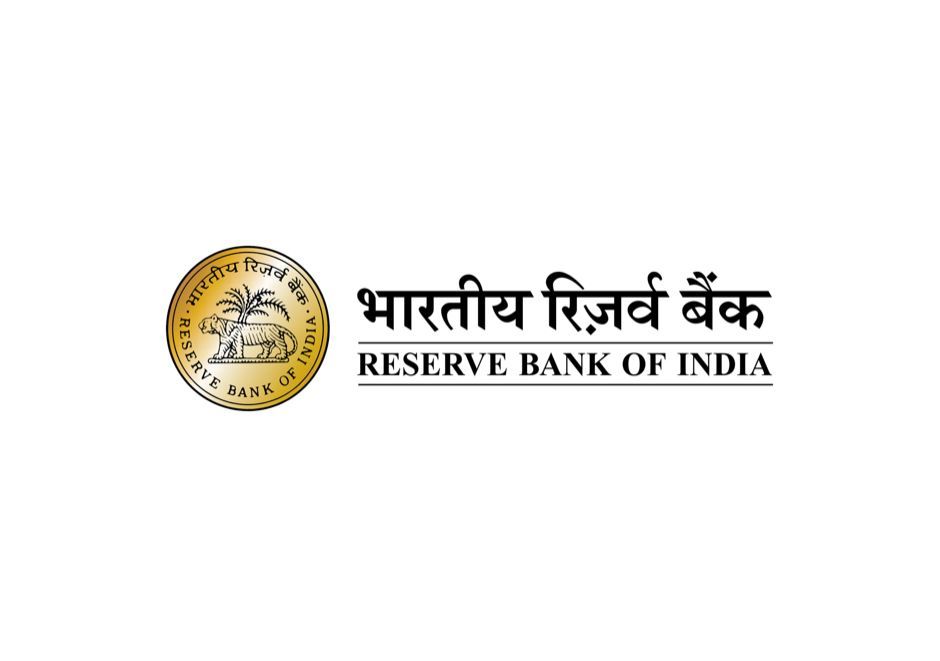
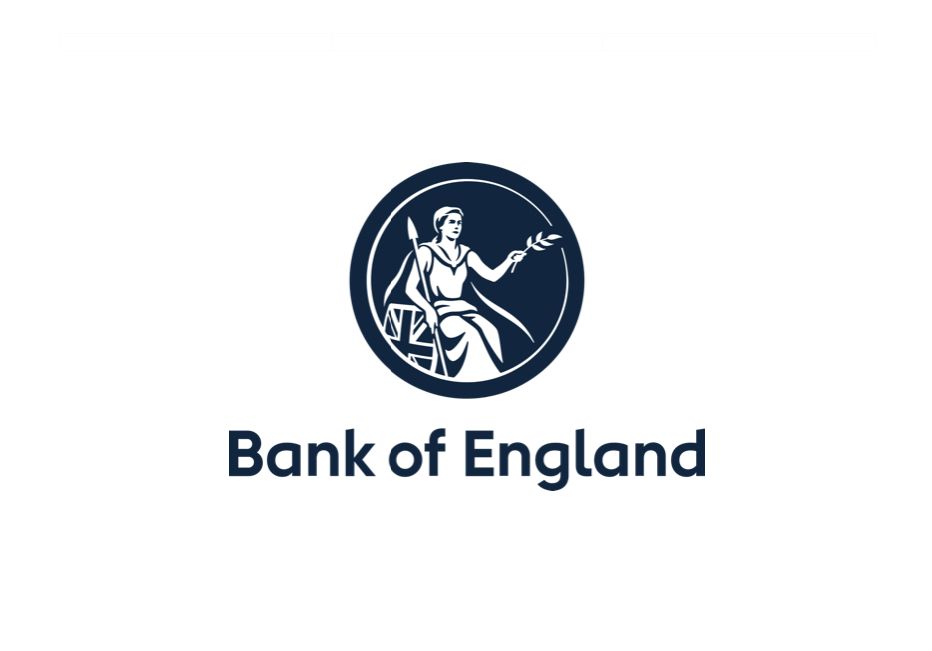

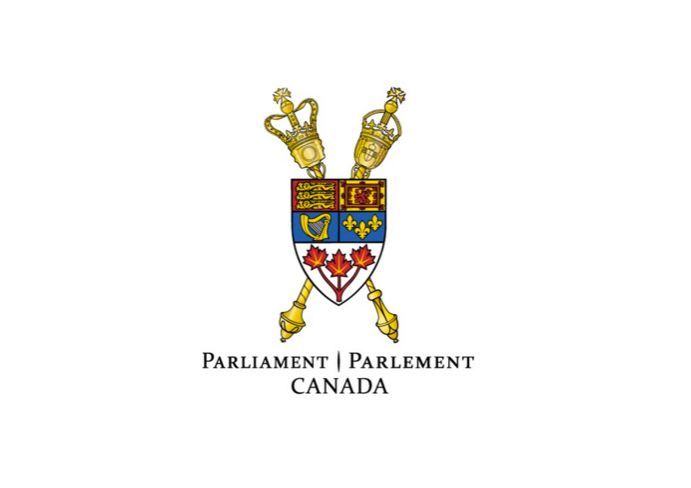
Disclaimer:
GlobalStablecoins.com is an informational website that provides news about coins, blockchain companies, blockchain products and blockchain events. Don’t take it as investment advice. Speak to an advisor before you risk investing in an ICO, Cryptocurrencies, Cryptoassets, Security Tokens, Utility Tokens, Exchange Tokens, Global Stablecoins, Stablecoins or eMoney Tokens. GlobalStablecoins.com is not accountable, directly or indirectly, for any damage or loss incurred, alleged or otherwise, in connection to the use or reliance of any content you read on the site.
Affiliate Disclosure / Sponsored Posts:
If a Sponsored Post contains any mention of a crypto project, we encourage our readers to conduct diligence prior to taking further action. GlobalStablecoins.com does not recommend that any cryptocurrency should be bought, sold, or held by you. Do conduct your own due diligence and consult your financial advisor before making any investment decisions.
GlobalStablecoins.com may receive compensation for affiliate links. Should you perform activities in relation to an affiliate link, it is understood that some form of compensation might be made to GlobalStablecoins.com. For example, if you click on an affiliate link, and sign up and trade on an exchange, GlobalStablecoins.com may receive compensation.
Before you invest in Cryptoassets you should be aware of the following,
Cryptoassets are considered very high risk, speculative investments.
If you invest in Cryptoassets you should be prepared to lose all your money.
All Sponsored Posts are paid for by crypto projects, coin foundations, advertising firms, PR firms, or other marketing agencies. GlobalStablecoins.com is not a subsidiary of any marketing agency, nor are we owned by any crypto or blockchain foundation.
The purpose of offering Sponsored Posts to our advertisers is to help fund the day-to-day business operations at GlobalStablecoins.com.
If you come across a Sponsored Post which you believe is fraudulent and/or “scammy,” please contact us and we will perform an immediate investigation.
All Rights Reserved | GlobalStablecoins.com

